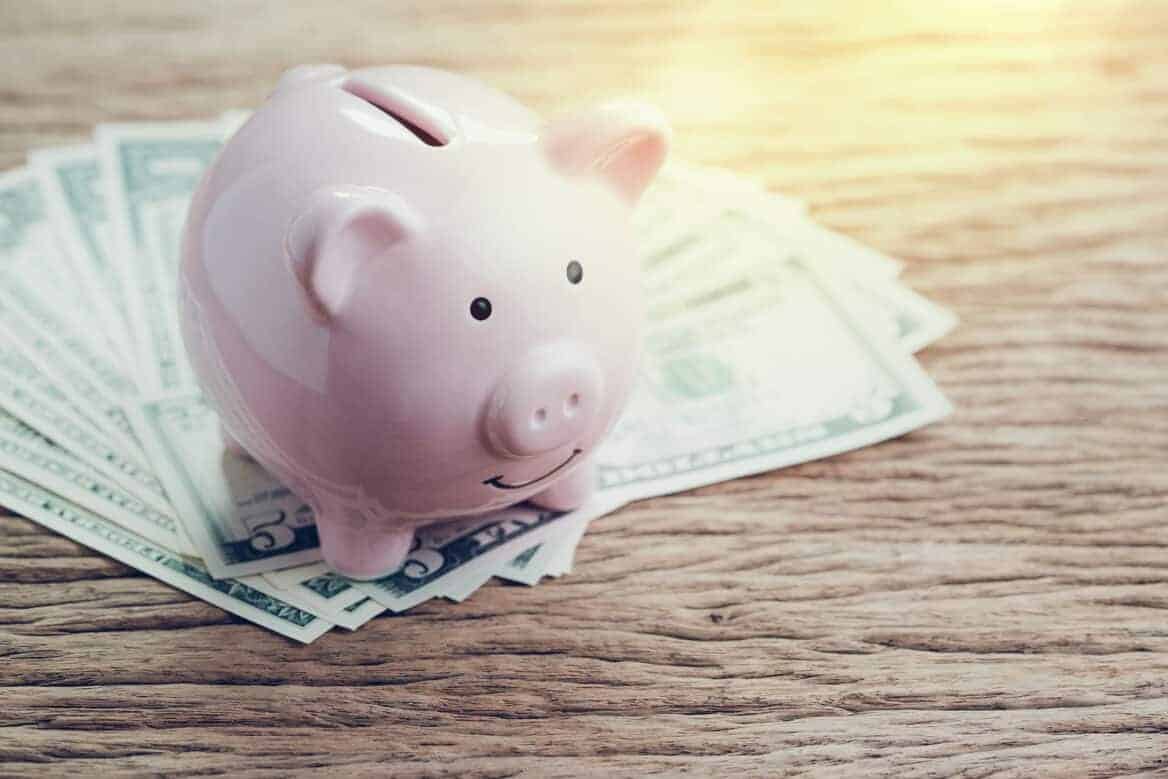
It’s time to kickstart your savings, and prevent buyer’s remorse.
We are all familiar with the urge to spend money. Studies show that using extra money to pay off loans, gain financial security, or to treat yourself to a big splurge like a vacation or something new to wear can bring longer lasting happiness. Check out these useful ideas to help you save money right away.
1. The Thirty Day Rule or the Twenty-Four Hour Rule
Instant gratification is one of the major drivers of spending irrationally and irresponsibly. One of the hardest parts of saving is getting beyond the urge for a quick fix and instead waiting out the urge to buy something.
Waiting about a month before spending money on that big purchase you think you need will often reveal that you don’t actually need it and were looking more for the pleasure of the purchase than for the item itself, saving you money and a lot of useless clutter.
Similarly, on smaller things, waiting just twenty-four hours can save you from impulse buying. When you see something and are tempted to purchase it, take a picture of it or make a note of it on your smartphone and tuck that note away to come back to another day to decide if you actually really want/need the item.
2. Create Lists Before Shopping
You’ll be surprised by the effectiveness of this simple change in behavior—by composing a list and following it, you’ll crack down on impulse purchases or random cravings that end up costing you at the check-out. Making a necessity-only list and allowing yourself just one “treat” can make all the difference.
3. Save Your Windfalls
While a tax return or inheritance can bring about the immediate joy of a little wiggle-room money-wise, putting a large chunk of it away will bring about rewards down the line. Be sure to remove the majority of the windfall from your checking account so you don’t accidentally spend it on little things you don’t necessarily need.
4. Calculate Purchases by Your Hourly Rate
If you are looking to buy something for fun like a new sweater or something decorative for your house, think through how much that item costs you hourly. For example, if the sweater is forty dollars, consider how long it would take you to make that cash and whether that’s the best way to spend your money.
5. Clean the Closet
Go into your closet and pull out everything you don’t use, have a yard sale or sell it on eBay or Craigslist. Your living space will feel less cluttered and your wallet will be a little fuller.
6. Drink Lots of Water
This one may be a bit surprising—drinking a lot of water not only makes you healthier and less likely to overeat, but it also satisfies a part of you that wants to consume, both on material goods and on food. Plus it will help your skin and general well-being.
7. Turn Off The Lights
Over time, your electric bill will eat up cash if you keep your lights burning when you aren’t in the room or at home. When you go to sleep, turn off porch lights and go through each room to make sure the light switches are flipped—you’ll thank yourself when you get your bill.
8. Quality Appliances
This may feel counterintuitive to the Thirty Day Rule, but spending a little extra on a washer-and-dryer or a stove will save you down the line. Back issues of Consumer Reports at your local library can save you tons of money and help you purchase a durable appliance.
9. Try Generic Brands
From cereal to dish detergent to allergy medicine, you can save big by buying generic brands. This way you aren’t paying for the company’s marketing and are getting essentially the same product. For example, choose generic ibuprofen rather than Advil which can cost upwards of three times as much as the generic version of the same drug.
10. Buy a Fuel-Efficient Vehicle
Next time you’re looking to buy a car, choose one that gets more miles per gallon and buy it used. Not only is this better for the environment, but it also saves you money on gas every month and makes traveling a little less stressful.
Want to make some extra money to help your savings pile up even faster? Join the NexRep Marketplace as an Independent Contractor!
Disclaimer: The above informational materials are not intended, and should not be taken, as tax advice. You should contact an accountant for advice on specific tax issues.